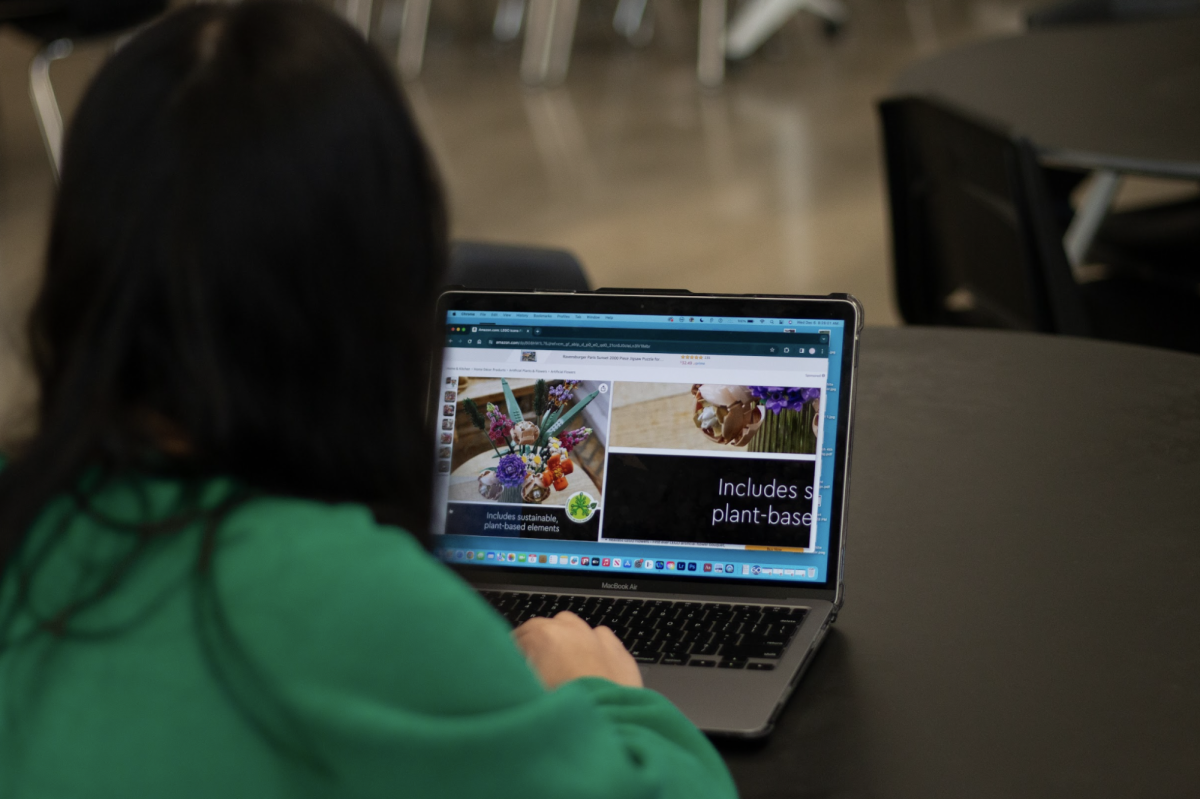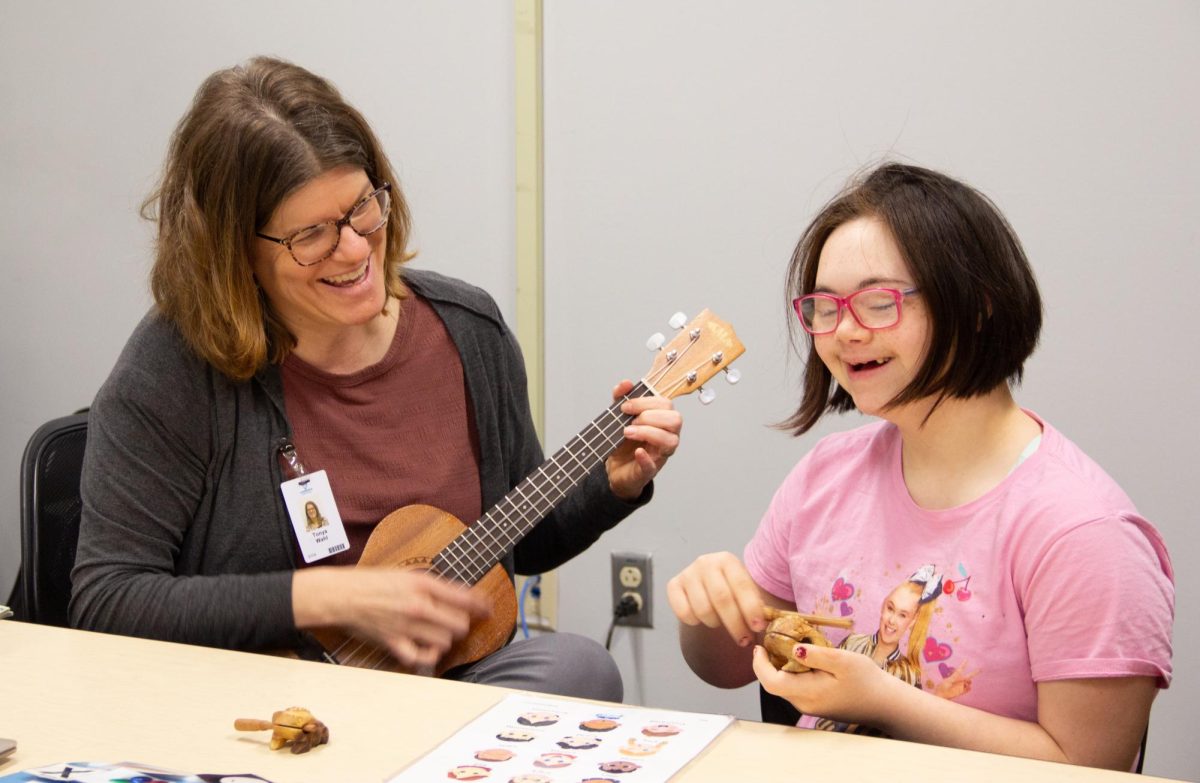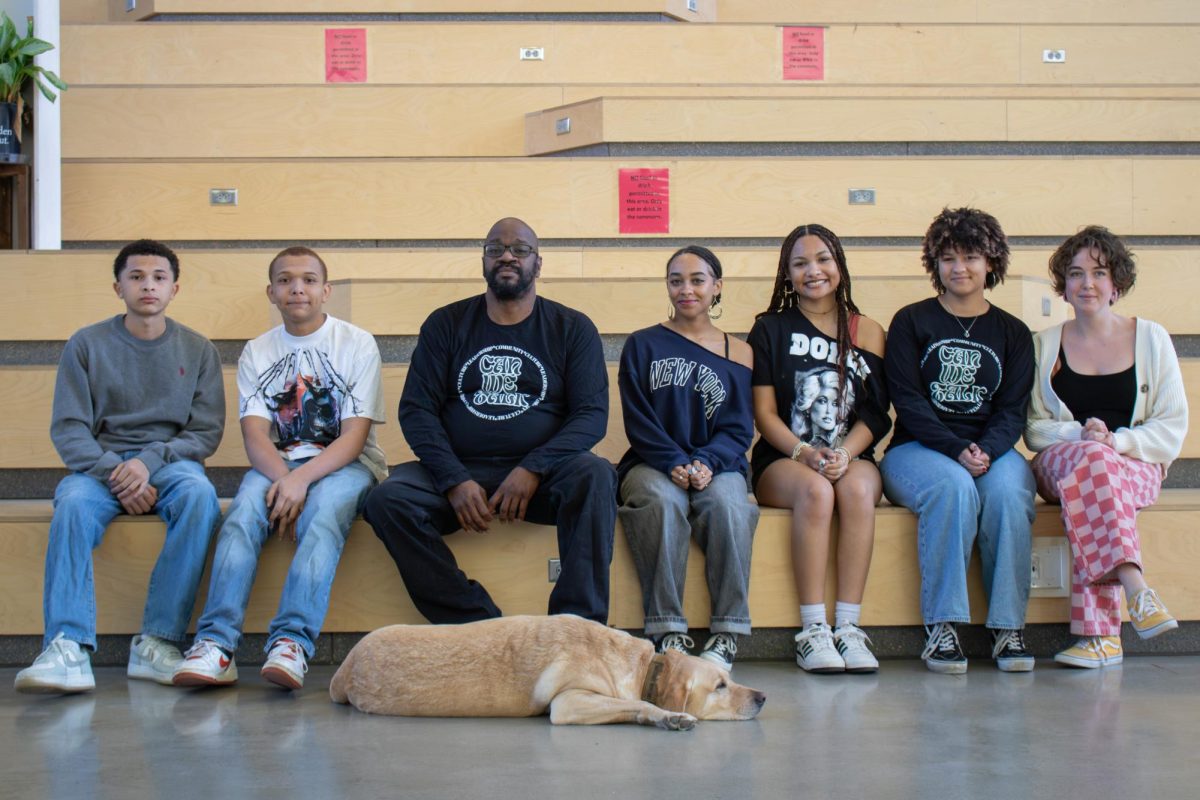In the midst of the holiday season, shoppers are presented with big sales and spending. With Black Friday, Cyber Weekend and Cyber Monday, many students struggle with overspending while navigating through this.
“We are inundated with marketing campaigns from companies and those companies want us to spend our money on their products. I mean, that’s how capitalism works,” business teacher Kimberly Hawks said. “But many times students see the shiny thing advertised and you’re like, oh my gosh, it’s marked down 40%. I better buy it, because it seems like a good deal.”
Numerous companies have been a part of deals that suck their consumers in. Stores in Lawrence such as Target, Ulta and Urban Outfitters are very popular among teenagers which makes it easy to direct their good deals at them.
“It is tough, you know, personally, and I know my students struggle with it too, because of all the marketing and all the good deals that are out there,” Hawks said. “You know, we just want to buy nice stuff because we want nice things. We’re human.”
Classes like business and personal finance have the opportunity of helping younger and older students budget their money. Taking a class like this can help prepare students when they become adults.
Many students, including freshman Jovea Wood, said that the problem with overspending would be fixed without social media influencers. Wood said that social media is the obvious reason for the amount of money spent on food and clothes, especially for teenagers.
While buying these products seems like a good idea, teachers like Hawks states that it could possibly lead to financial issues in the future. Although a good amount of students don’t shop during these times, Wood claims that overspending continues to be a leading issue in general.
“People see other people and they see what they’re wearing and they want to have that,” Wood said. “So then they want to dress like [Influencers] and eat like them.”
To fix this issue, many students are focusing on buying important items instead of impulsive spending on unnecessary items. Sophomore Sophia Halton tries to control her spendings by focusing on her needs, not wants.
“The problem with people, especially students overspending is that they don’t take in consideration what is really needed,” Halton said. “They might spend it on something that might only be used twice and not save up for something they really need. To stop myself from overspending, I take into consideration what I really need, not just want.”






















